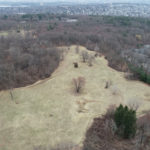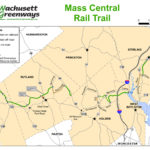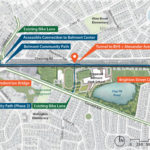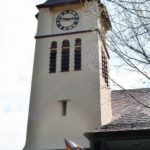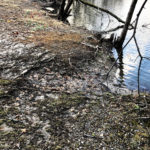
Now that the weather is at least occasionally balmy, local organizations are contriving new events that bear some resemblance to past years’ experiences. You may not get the thrill of the crowd cheering as you finish a race, or the warm glow of watching other concerned citizens clearing garbage from your favorite outdoor spaces, but you will get out of your home. The Charles River Watershed Association’s Annual Run of the Charles has “a virtual twist” this year. Register for the fundraising 5K or one of five different paddling races any time before Sunday, May 23. You and your paddling [READ MORE]



